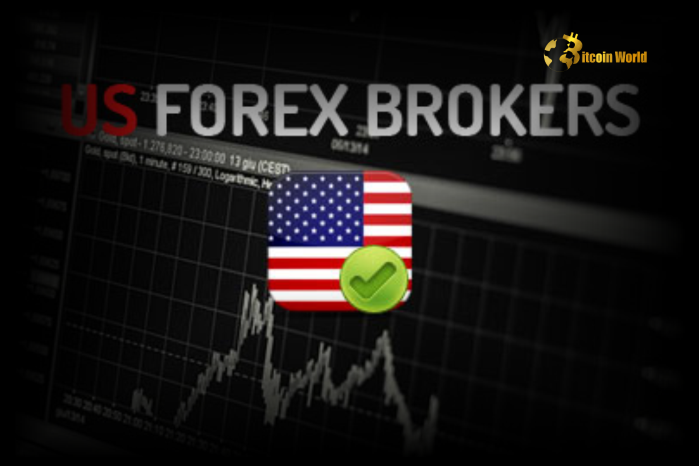How to Choose a Forex Broker in America
How to Choose a Forex Broker in America
Blog Article
Top Forex Strategies for American Traders
Foreign trade, or Forex trading, draws countless participants in the United Claims every year. Their absolute measurement and liquidity allow it to be one of the very most desirable areas globally. However, forex in us. requires a distinctive and strict approach to regulating Forex activities. If you're seeking to trade currencies or simply want to know the way legitimate frameworks shape the Forex market, understanding these regulations is crucial.

Crucial Legal Frameworks Shaping Forex in the US
Forex regulation in the United States is distinguishable due to its thorough chance regulates and customer protections. Two primary government figures oversee most Forex activities:
• Product Futures Trading Commission (CFTC)
• National Futures Association (NFA)
The CFTC, developed in 1974, is tasked with regulating the futures and choices markets, foreign change included. The NFA, as a self-regulatory company, performs tightly with the CFTC to enforce principles and keep equity in trading practices.
Registration and Compliance
Every Forex supplier or broker using the services of U.S. residents should enroll with both CFTC and NFA. These entities are also needed to adhere to rigorous functional criteria, including:
• Minimal web capital demands (often greater than in different countries)
• Continuing audits
• Strong anti-money laundering (AML) guidelines
• Clear chance disclosure
Violations may result in substantial fines or a lasting bar from the market. That regulatory platform seeks to stop scam, defend investors, and improve market integrity.
Significant Constraints on Forex Actions
Foundational rights influence how Forex operates in the U.S.:
• Control limits: The NFA units a maximum power of 50:1 for important currency pairs and 20:1 for minors. This really is much less than many worldwide markets, helping protect inexperienced traders from significant losses.
• Segregation of funds: U.S. law requires that client funds are held separate from broker detailed funds. This evaluate safeguards traders in the event a broker becomes insolvent.
• Advertising and disclosure: Firms should clearly explain dangers, costs, and trading mechanisms to clients. Unreliable or intense solicitation methods experience strict penalties.
Enforcement and Penalties
U.S. agencies frequently check for fraudulent systems, insider trading, and illicit market manipulation. Statistical knowledge from enforcement studies shows a consistent pattern of penalties and settlements recently, showing continuing vigilance. This setting, while stricter than most elements of the world, produces a safer playing subject for retail and institutional traders alike.
Things to Consider as a US Forex Trader
Recent traits reveal a continuing increase in regulatory activities, an emphasis on client knowledge, and constant improvements to submission requirements. If you intend to trade Forex in the U.S., it's important to:
• Confirm a broker's active subscription status
• Remain current with regulatory changes
• Review chance disclosures before making trades
This process reduces unforeseen deficits and enhances your prospects in a firmly managed but powerful marketplace. By understanding legitimate regulations, U.S. traders may confidently take part in the Forex industry while staying within the variables of the law.
Report this page